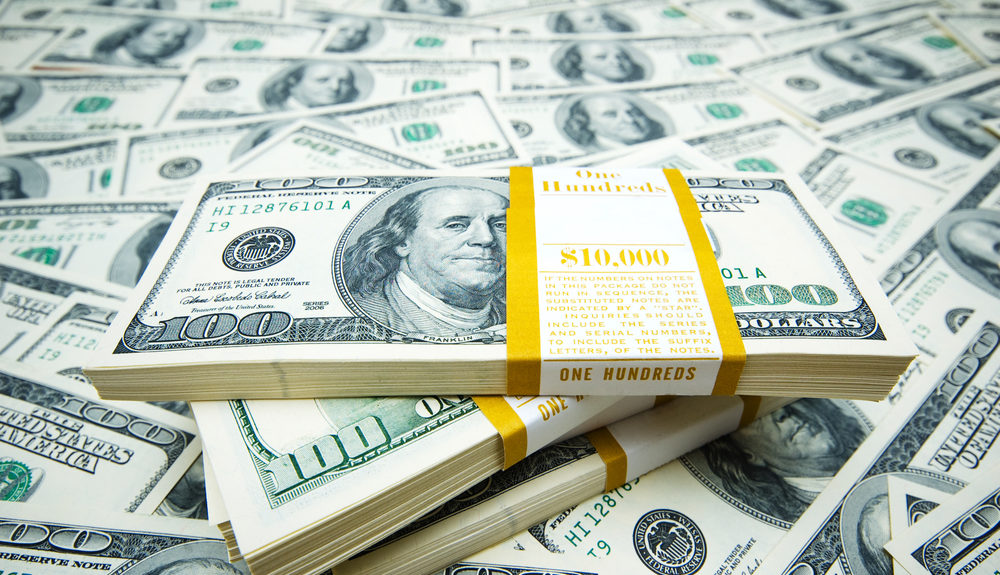Imagine amassing a fortune of billions and billions of dollars, and then … just giving it all away.
Can’t? Who could?
Actually, United States Air Force veteran and investor Charles F. Feeney could. Because he did. It.
And told nary a soul.
“You’re always nervous handling so much money, but we seem to have worked it pretty well,” said Feeney to a New York Times reporter recently during a phone interview.
“You can only wear one pair of pants at a time.”
Altogether the vet (who’s now 85 years old) has given away a total of $8 billion of his own dough over the years to various charities through a foundation he established in 1982, Atlantic Philanthropies. The thankful recipients range from education (he recently endowed Cornell University with $7 million*) to public health, science and even human rights.
He’s now worth just over $2 million, and lives a modest life with his wife, Helga, in a rented apartment in San Francisco.
Which is nothing new for Feeney. The Elizabeth, New Jersey native — who served as a radio operator for the USAF and followed it up with an Ivy League stop thanks to his wits and the G.I. Bill — the NYT reports that “until he was 75 he traveled only in coach and carried reading materials in a plastic bag.” His favorite restaurant? A pub that served burgers.
His habits and practical invisibility even earned him a debonair nickname: the “James Bond of philanthropy.”
A wealth now spread about all over the world — and doing good — began as a small, hopeful venture in the late 1950s selling liquor to U.S. Navy sailors. A few years in, he on-boarded a business partner, and expanded the company to other indulgences (stogies) opening up spots in airports’ duty-free shops. The biz soon boomed, which prompted the shrewd former service member to take his profits and make them grow.
Which he did. Really, really well.
He was one of the earliest investors in Facebook, Priceline, E-Trade and Alibaba.
Today, no other American philanthropist has given away more of their wealth.
More from the NYT:
Beyond Mr. Feeney’s reticence about blowing his own horn, “it was also a way to leverage more donations — some other individual might contribute to get the naming rights,” said Christopher G. Oechsli, the president and chief executive officer of Atlantic.
During the early 1990s, Mr. Feeney met secretly with paramilitary forces in Belfast, Northern Ireland, urging them to drop armed guerrilla conflict and promising financial support if they embraced electoral politics. Atlantic grants paid to create a public health system in Vietnam, and to provide access to antiretroviral treatment for AIDS in southern Africa. The last rounds of grants, about $600 million, included support for Atlantic Fellows, described as young emerging leaders working in their countries for healthier, more equitable societies.
“People used to ask me how I got my jollies,” he explained to Forbes back in 2012. “I guess I’m happy when what I’m doing is helping people and unhappy when what I’m doing isn’t helping people.”
* – A former president of Cornell once admitted that the anonymity, at times, made those involved with the prestigious school uneasy. “I had to convince the board of trustees that it was on the level, that there was nothing disreputable and this wasn’t Mafia money,” he told Forbes. “That was difficult.”




































